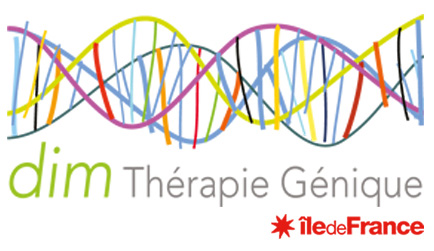“Gene therapy, between hopes and realities” conference – February 28 2022
On the occasion of International Rare Disease Day, DIM Gene Therapy joins Imagine Institute for a conference dedicated to gene therapy, Monday February 28 at 6:30 pm, at the Imagine Institute. This is a good opportunity to learn more about the latest advances, recent successes and new tools being developed for these therapies of the future, which hold great hope for patients. Come and ask your questions to our doctors and researchers live. The event will be broadcast live on Facebook page.
A conference open to all on the theme of gene therapy
Replacing a “sick” gene with a “healthy” one, eliminating a genetic abnormality using molecular scissors, gene therapy is exciting and raises questions, both about the hopes it can give, but also about its limits. On this International Rare Disease Day, the Imagine Institute, with the Necker-Enfants malades AP-HP Hospital and its rare disease expertise platform, takes stock of the situation with its teams of researchers and physicians.
On the agenda
- Myths and realities of gene therapy, with Prof. Alain Fischer, first director of the Institute
- Concrete examples of gene therapy available today, with doctors from the Necker-Enfants malades Hospital and rare disease reference centers
- Prospects and current research, with researchers from the Imagine Institut
Inscription
Places at the Institut Imagine are limited. To register, go here. You can also follow us live on Facebook
Much work on these new techniques, methodologies and applications, and new developments and diversifications to other diseases are still awaited thanks to the DIM Gene Therapy, coordinated by Imagine, through which the Paris Region supports a very ambitious program for the benefit of preclinical work particularly on sickle cell disease, metabolic diseases and mitochondrial diseases.

